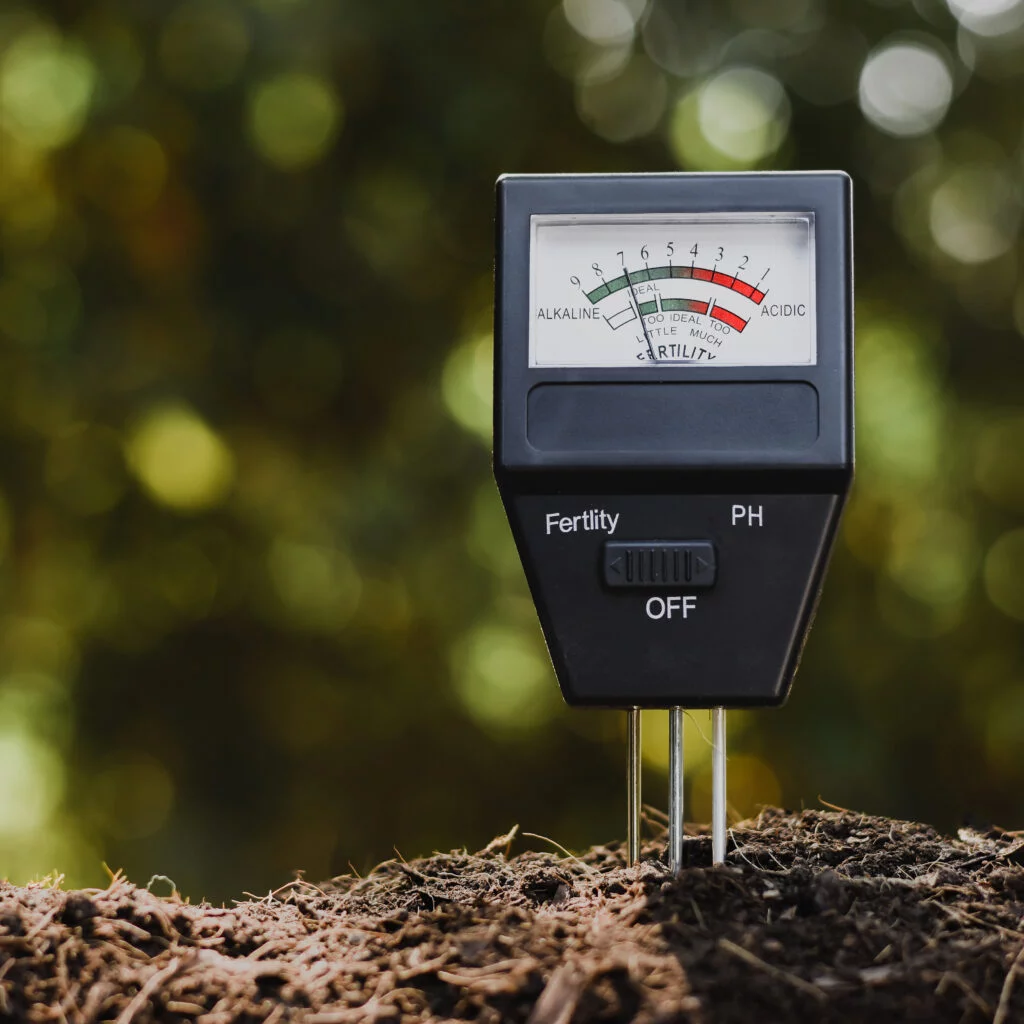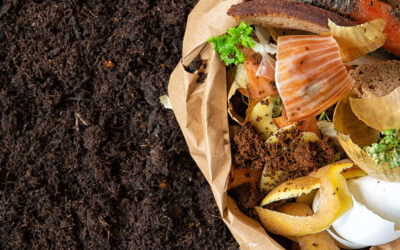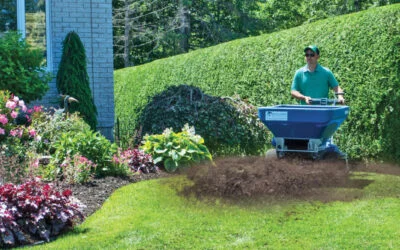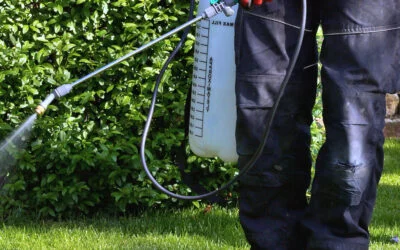
Compost is something that we frequently hear about, but still often there are many uncertainties or confusion about what exactly compost is.
Compost is the beneficial product manufactured through controlled aerobic, biological decomposition of organic materials. The product produced from this controlled composting process has undergone monitored temperatures which significantly reduces the viability of pathogens, invasive species and weed seeds and stabilizes the carbon such that it is beneficial to plant growth and the environment.
When properly finished, compost is typically used as a soil amendment to contribute plant nutrients by releasing macro-and micronutrients while feeding the beneficial biological organisms in the soil. It also increases the porosity of the soil, helps conserve moisture, and is an integral recovered resource for improving soil health.
However, it is important to note that not all compost is created equal. Organic materials that are not composted or “cured” properly can have significant adverse effects when used back in the environment doing more harm than good. Spread of pathogens, invasive pests, noxious weeds, or unfinished and anaerobic materials can be a problem when sellers are utilizing the term compost when pertaining to any type of decayed organic matter in their advertising. Feedstocks also play an important role in the value of the compost material. Being aware of how and what a company composts can be a great indicator of the quality of the material you are buying and whether it will be beneficial for the plant and environment. Look for companies who tests according to the US Composting Council STA (Seal of Testing Assurance) program parameters to make sure they are looking at many of the potential issues that could render a product unsuitable for your needs. The biggest indicator to look for is the overall maturity of the material you want to use in your application.
Compost Testing and Benefits
Compost made at The Mulch Store facilities from yard trimmings and organic waste meets the United States Composting Council’s Seal of Testing Assurance Program (STA). This testing program is the best way to know that the product you are using is “finished” and safe for use. This quality compost product is also used as a soil amendment to The Mulch Store’s numerous soil blend and topsoil products.
All of our facilities are permitted by MN Pollution Control Agency and fully licensed in the Counties and Cities that we operate. Properly managed disposal of organic yard, tree and food waste is overseen to insure steps are taken to protect the environment. See the MPCA Compost Locator Map to know where to dispose of properly.
We talked a little bit about the benefits of composting to your soil, but did you know that the benefits of compositing go far beyond your garden? Click the headers below to find out how composting and using compost can make a much bigger difference than you’d think.
Compost Factsheets
- Compost Use for Water Management and Erosion Control
- Compost Use in Turf Establishment and Maintenance
- Compost Use and Climate Change
Click each topic below to learn more
Waste Reduction
- It is estimated that 43-46% of household waste by weight is food scraps. Yard waste and tree debris is also banned from entering landfills in MN due to the methane it will produce when breaking down.
- MN is looking to divert 75% of the waste stream from landfills by reducing, reusing, recycling and composting due to capacity issues from the huge increases in consumer waste.
- Significant advancements in truly compostable products are being made for single use items filling up our landfills.
- Resources that could be diverted for sustainable and regenerative systems for our children are being discarded at alarming rates.
Climate Impact
- Food residuals and yard waste sent to landfills create methane gas which is a greenhouse gas with potentially 80 times more impact on global warming than carbon dioxide. Significant reductions in methane emissions would happen if all organics were removed from landfills.
- The organic matter in compost significantly helps sequester carbon in the soil and increases plants abilities to remove CO2 from the atmosphere.
- For every 1% increase in soil organic matter, the soil will hold an additional 16,500 gallons of plant available water.
- Capturing of nutrients and minerals that are landfilled and applying to soils will reduce the need for synthetic fertilizer applications.
- Compost can help aid reforestation, wetlands restoration, and habitat revitalization efforts by improving contaminated, compacted, and marginal soils.
- Compost can be used to remediate soils contaminated by hazardous waste in a cost-effective manner.
- Compost can provide cost savings over conventional soil, water and air pollution remediation technologies, where applicable.
- Fun fact: A head of lettuce can take up to 100 years to break down in a landfill or be composted and reused in a matter of weeks.
Soil Health
Much of life begins with the soil. Plant health, water quality, and our foods nutritional value starts with the soil in which we have under us. Compost is a low-cost all-natural way to rebuild or regenerate our soil structure and improve its health in any soil conditions we may encounter. It is much more than just organic matter; it is an additive used to build an entire ecosystem that helps create the perfect environment for your plants to thrive. It can be used for topdressing and seeding lawns, planting new gardens, amending soils and raingardens to clean our waters, erosion control, farming, and so much more. See our links below for more information on compost uses and benefits. It’s time for you to try it…nature has only been doing it for millions of years!
- Improves moisture holding capacity and infiltration which reduces erosion and runoff into storm water systems.
- Provides critically needed organic matter.
- Physically, chemically, and biologically changes soil structure for the better.
- Restores microbial communities and biological activity to dead soils.
- Helps soil retain and uptake nutrients easier.
Economic Impact
- Significantly reduces the need for synthetic fertilizers or herbicides and pesticides by farmers and landscape contractors or homeowners.
- Can significantly reduce water burden on municipal or faming well systems during dry times and reduced turf watering consumption.
- Compost promotes higher yields of agricultural crops.
SET has all your compost solutions:


